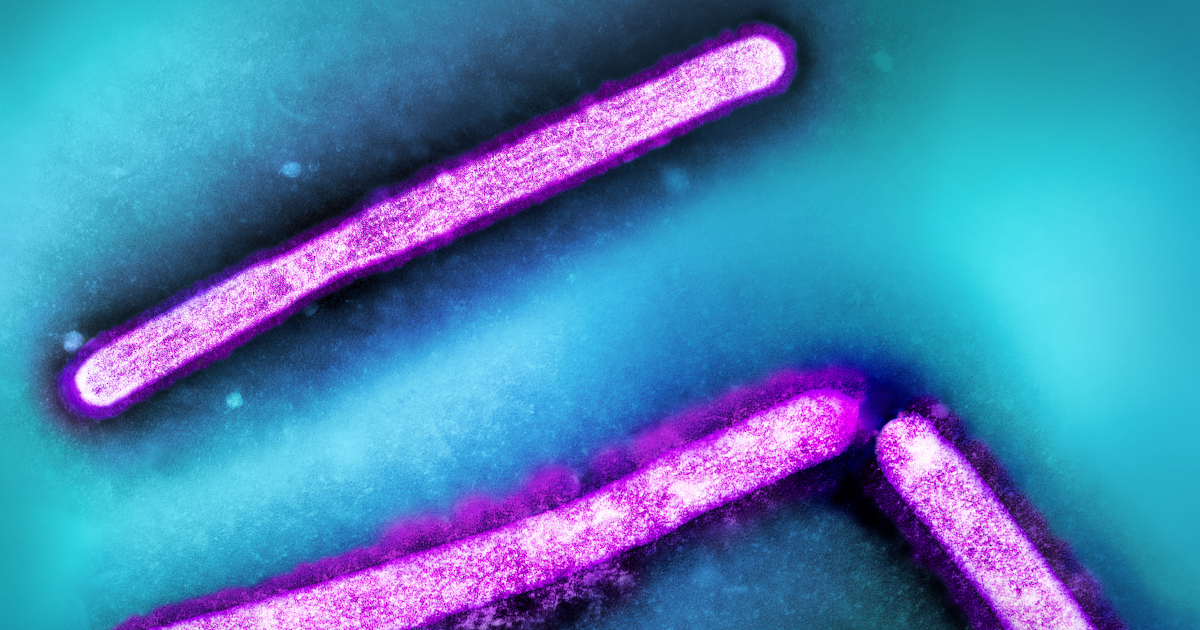Seasonal flu vaccines need to be updated each year because the virus changes so frequently. But the U.S. hasn’t contributed its information on what’s spreading there since January, a World Health Organization (WHO) official said.
For seasonal influenza, which forced schools to shut down in some American states earlier this month, the data isn’t being shared, Dr. Wenqing Zhang, head of the WHO’s global influenza program, told journalists in a webinar on Wednesday.
The U.S. Centers for Disease Control and Prevention (CDC) and U.S. Food and Drug Administration (FDA) normally participate in global discussions hosted by WHO on influenza vaccinations twice a year.
Comments closed
